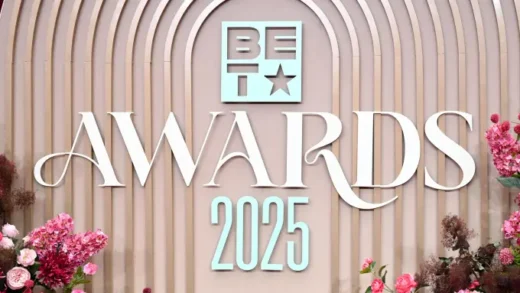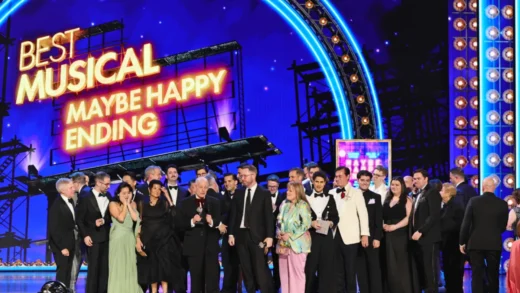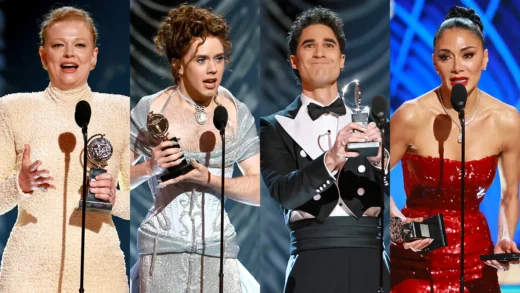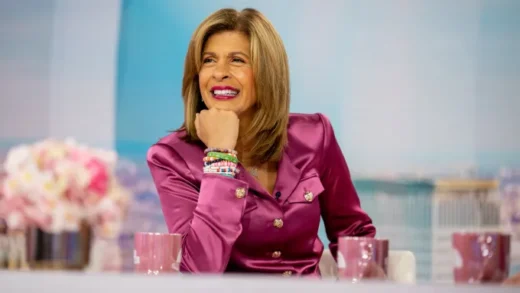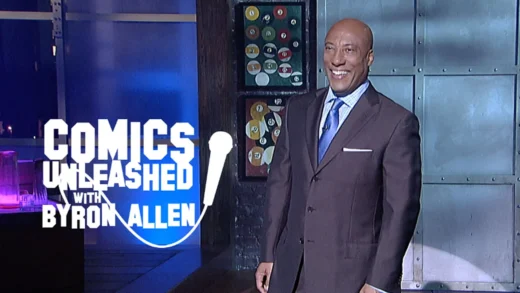Like the Lady of the Lake of Arthurian legend, Netflix’s ever-mysterious, somewhat algorithmic decision-making process seems to have landed on a new kind of hero to lead its TV shows: the British Soft Boy.
It’s a character type that has existed before in many other forms, but has risen to prominence at the intersection of many trends, including the rise of the twink, and streaming’s Americanization of British TV. He’s often coded as queer, but in a way that associates queerness with approachability to both straight women and gay men; he’s also usually white, in a way that connects whiteness to imagined British qualities like politeness and delicacy. The British Soft Boy will be sweet. The British Soft Boy will not hurt you. He is made to be streamed; you will enjoy spending several hours with him and his soft British life.
When you watch Sex Education, which stars Asa Butterfield as the awkward child of Gillian Anderson’s sex therapist, the British Soft Boy comes into the clearest (soft) focus.
https://youtu.be/o308rJlWKUc
Butterfield’s character Otis fumbles into giving shagging tips to everyone in his high school, even though he himself has trouble masturbating. He bonds with an outcast cool girl, Maeve (played by Emma Mackey), and develops a crush on her that he’s convinced she’ll never reciprocate because, well, he’s a dork and she’s a dead ringer for Margot Robbie. You’re meant, of course, to still root for Otis, because even if he is a dork by TV standards, he’s charming by the standards of actual reality. It helps that Asa Butterfield has the eyes of someone who looks as if he was replaced as a small child by faeries who use the fancy spelling of the word.
Unlike many British shows that are produced by the BBC or ITV then brought to America, Sex Education originates with Netflix. It was loosely inspired by a Channel 4 documentary about “these teenagers talking to a sex therapist about their teenage sex lives,” according to creator Laurie Nunn, and it feels very much like a show based on the broader concept of British television: a purposeful blend of Skins or Lovesick with ’80s-inflected John Hughes Americanisms like prom and letterman jackets. In this context, the British Soft Boy provides a palatable angle into the show, especially for audiences who aren’t British. A dorky guy who talks about sex? Boring. A dorky guy who talks about sex with an accent, which means he calls it shagging?
Other highlights of Netflix’s British Soft Boy programming include The End of the F***ing World, where Alex Lawther plays a possible psychopath who ends up wearing cute Hawaiian shirts, and Black Mirror’s interactiveBandersnatch, where you can make Fionn Whitehead (the guy from Dunkirk who was not Harry Styles) kill his father and also throw his tea on his computer.
In a darker context, this kind of character acts as a conduit for the audience’s sympathy. The British Soft Boy is often in peril, more complicated than he seems, and relies on you, the viewer, to understand him. Often, a key element of the British Soft Boy is the sense of gratification to your intelligence, as a viewer, for understanding him in the first place.
(Excerpt) Read More at: Vulture.com
